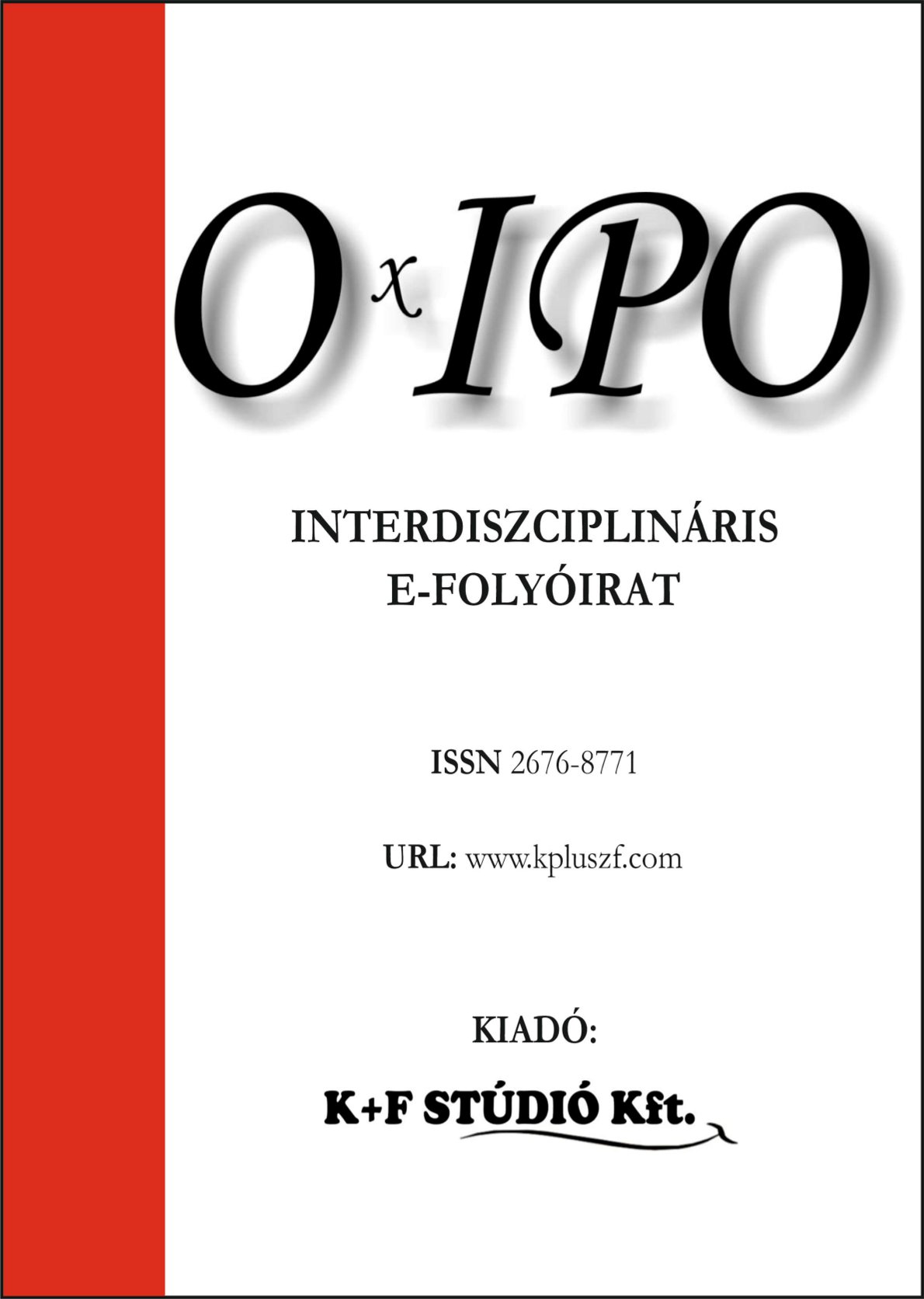Bilingualism – between Family and Educational System. Case Study – Romanian Nationality in Méhkerék
DOI:
https://doi.org/10.35405/OXIPO.2024.3.29Keywords:
bilingualism, education, Romanian language, nationalities, children, family, languageAbstract
This study examines the linguistic and cultural dynamics of the Romanian-speaking community in Méhkerék, Hungary, focusing on the impact of bilingualism within families and educational settings. The research investigates how bilingual families influence their children's language use in various contexts, including school, society, and social interactions. Through a survey of 110 parents in the village, the study explores language preferences, the choice of bilingual or nationality schools, and the perceived advantages of bilingualism. Results show that while Romanian remains significant in family and cultural contexts, there is a notable shift towards Hungarian among younger generations. The findings highlight the importance of family-school collaboration in promoting and preserving bilingualism, as well as the cognitive, social, and educational benefits it offers. The study emphasizes the evolving role of bilingualism in maintaining cultural identity and fostering linguistic diversity.


